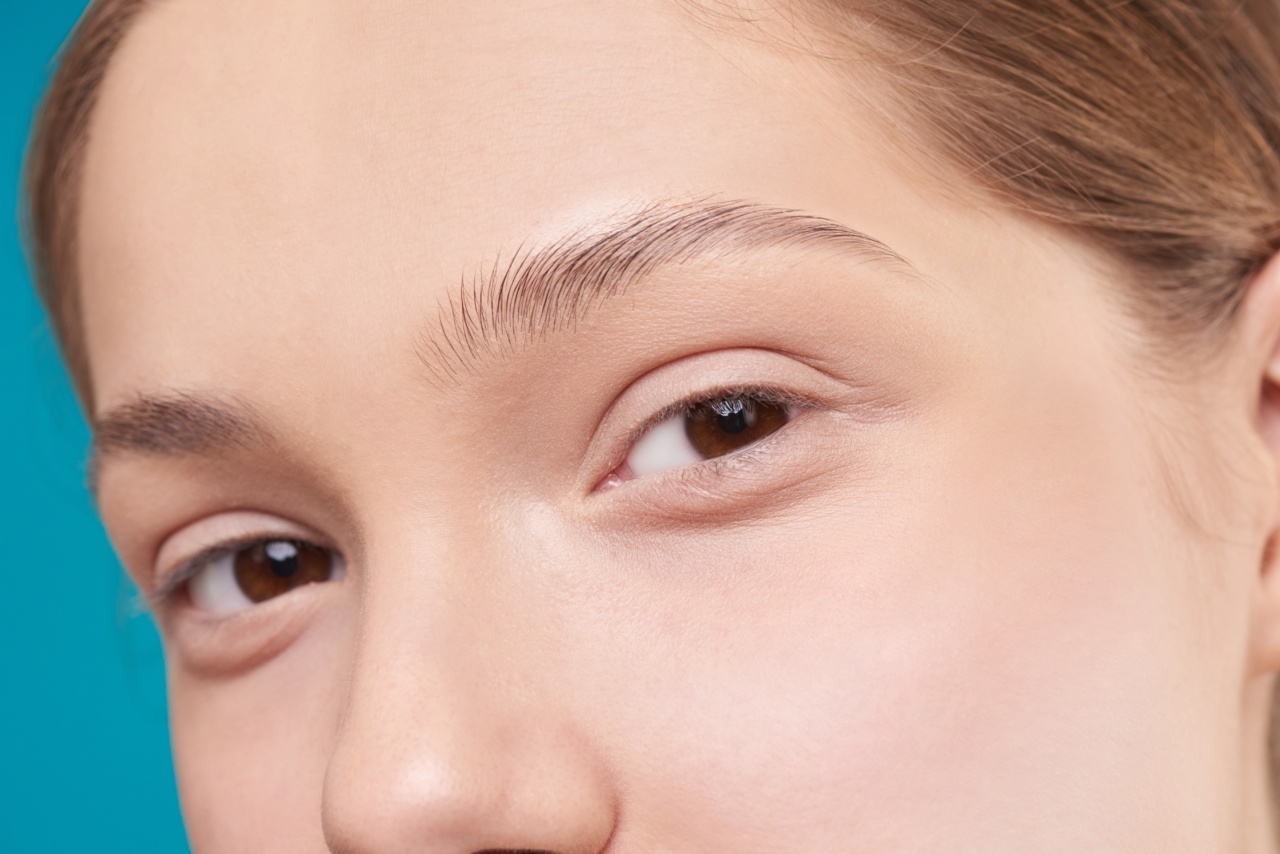As if cramps, bloating, and mood swings weren’t enough, getting acne breakouts during your period can be frustrating and stressful.
However, it’s common for women to experience skin issues during menstruation due to hormonal changes that affect oil production and contribute to inflammation. Luckily, there are several things you can do to prevent and minimize acne during your period. In this article, we’ll discuss effective ways to keep your skin clear and healthy during your menstrual cycle.
1. Stick to a Consistent Skin Care Routine
Adopting a regular skin care routine is crucial for maintaining healthy skin. It’s important to clean, tone, and moisturize your face every day, regardless of whether you’re on your period or not.
Cleansing your skin helps to remove impurities and excess oil that can clog pores and cause breakouts. Use a mild, non-comedogenic cleanser that is suitable for your skin type. Toners are beneficial for restoring the skin’s pH balance and removing dirt and oil that your cleanser may have missed.
Moisturizers keep your skin hydrated and protected from external irritants. Look for a moisturizer that is oil-free, lightweight, and contains SPF to shield your skin from harmful UV rays.
2. Avoid Touching Your Face
It’s tempting to touch or pick at your acne, but it can make the situation worse. Your hands carry bacteria and germs that can spread to your face and promote inflammation.
Additionally, squeezing pimples can cause bacteria to penetrate deeper into the skin and increase the risk of scarring. Try to resist the urge to touch your face during your period and keep your hands clean by washing them regularly. If you need to apply products to your face, use a clean cotton swab or pad instead of your fingers.
3. Keep Your Hair Away from Your Face
When your hair touches your face, it can transfer oil and dirt that clogs pores and triggers breakouts. If you have long hair, tie it in a ponytail or bun to keep it off your face.
Wash your hair regularly and avoid using hair products that contain oils, silicones, or fragrances that can irritate your skin. If you sweat during exercise, use a headband or hair tie made of cotton that absorbs sweat and prevents it from reaching your face.
4. Eat a Balanced Diet
Your diet can have a significant impact on the health and appearance of your skin. Eating a well-balanced diet rich in vitamins and minerals can help to promote clear and glowing skin.
Incorporate foods that are high in antioxidants, such as fruits, vegetables, nuts, and seeds, that protect your skin from free radical damage and inflammation. Avoid consuming too much sugar and processed foods that can cause insulin levels to rise and trigger acne. Drinking plenty of water to stay hydrated is also essential for keeping your skin moisturized and flushing out toxins.
5. Manage Stress
Stress can wreak havoc on your skin and exacerbate acne. During your period, you may experience more stress due to hormonal fluctuations. Learning how to manage stress can help to reduce inflammation and prevent breakouts.
Practice relaxation techniques such as yoga, meditation, deep breathing, or aromatherapy to calm your mind and reduce stress levels. Engage in activities that you enjoy, such as reading, listening to music, or spending time with friends and family, to boost your mood and reduce tension.
6. Use Acne-Fighting Products
If you’re prone to acne during your period, using acne-fighting products can be helpful.
Look for products that contain active ingredients such as benzoyl peroxide, salicylic acid, or retinoids that help to unclog pores, reduce inflammation, and prevent bacteria growth. However, be cautious not to overuse these products as they can irritate your skin and cause dryness. Start with a low concentration and gradually increase it if necessary.
Consult with a dermatologist if you have severe acne that requires professional treatment.
7. Maintain Good Hygiene Habits
To minimize the risk of skin infections and breakouts, it’s essential to maintain good hygiene practices during your period. Change your tampons or pads every 4-6 hours to prevent bacterial growth and foul odor.
Wash your genital area with a gentle cleanser and warm water daily to keep it clean and fresh. Avoid wearing tight-fitting clothes made of synthetic materials or fabrics that don’t breathe, as they can trap sweat and bacteria.
Sleep on clean pillows and sheets to prevent the buildup of oil, dirt, and dead skin cells that can clog pores and cause acne.
8. Be Patient
Lastly, be patient with your skin during your period. Hormonal changes can take a toll on your skin, but they’re temporary. Avoid getting frustrated or stressed if you experience breakouts or flare-ups during your menstrual cycle.
Follow the above tips consistently, and you’ll notice a visible improvement in your skin’s health and appearance over time.
Conclusion
Dealing with acne during your period can be challenging, but it’s not impossible to keep your skin clear and healthy.
By sticking to a consistent skincare routine, avoiding touching your face, keeping your hair away from your face, eating a balanced diet, managing stress, using acne-fighting products, maintaining good hygiene habits, and being patient, you can prevent and minimize acne flare-ups during your menstrual cycle. Remember to consult with a dermatologist if you have severe acne that requires professional treatment.






























